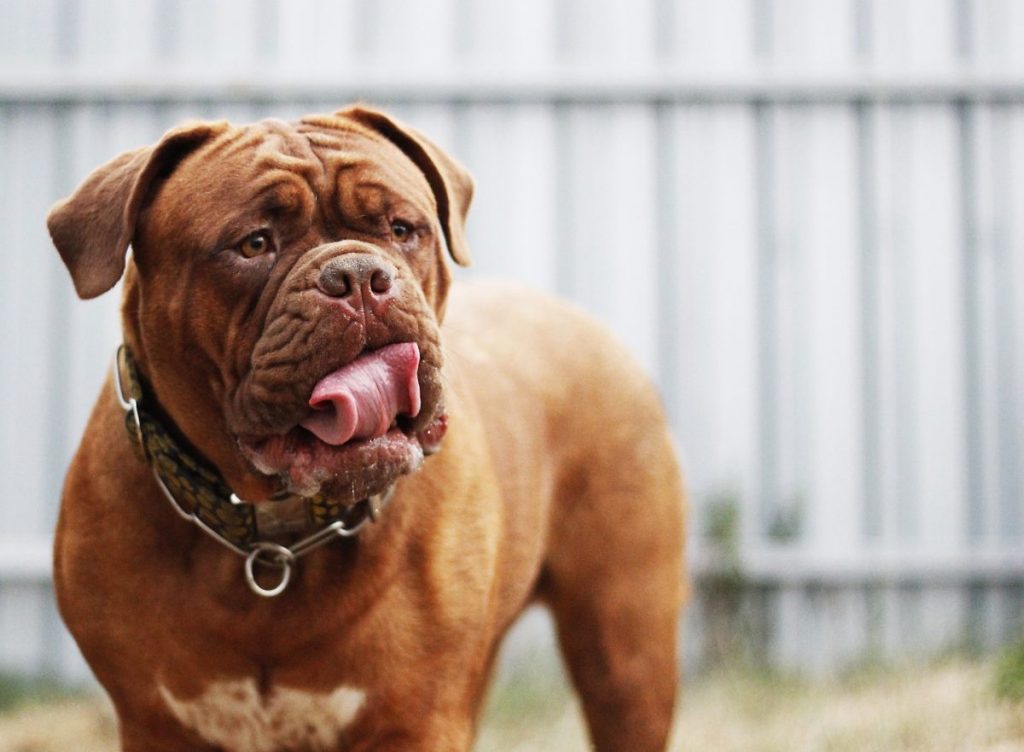Despite how much a loving pet owner would want to protect their four-legged friend from suffering of any kind, cancer is increasingly common in dogs. The leading cause of death in dogs over the age of two is cancer, and fifty percent of dogs aged ten and older are likely to develop the disease.
But why do dogs get cancer, and is it even preventable from the start? Read on for the answers you are looking for.
Why Do Dogs Get Cancer?
In the past, dogs would pass from common diseases or external factors. Today, as caretakers are providing extra TLC through vaccines, modern medicine, and keeping them indoors, dogs are living longer and climbing to the age where they’re more susceptible to the disease.
But age is not the only factor. As with humans, genetics can contribute to the development of cancer in dogs.
What Dog Breeds Are Most Likely to Get Cancer?
Though all dogs are susceptible to developing cancer, some are more prone to certain types of cancer over others. Cancer generally affects larger dogs, with the exception of the Bichon Frise.
Breeds more prone to cancer include: Rottweiler, Bernese Mountain Dogs, Bouvier des Flandres, German Shepherds, Great Danes, Labrador Retrievers, Boxers, and Golden Retrievers.
What Are the Most Common Types of Cancer in Dogs?
Melanoma
Melanoma is a malignant skin cancer that affects pigmented cells, or melanocytes. Mostly found on the mouth as well as in mucous membranes, they can also be found in a dog’s hair. Many tumors on the skin are benign, but in most cases, melanoma is a highly aggressive type of dog skin cancer that spreads quickly throughout the body.
Lymphoma
Lymphoma is the third most common cancer found in dogs. Also known as lymphosarcoma, this cancer originates in blood cells known as lymphocytes, as well as in lymphoid tissue found in the lymph nodes, spleen, gastrointestinal tract, bone marrow, and the liver.
Mast Cell Tumors
Mast Cell Tumors represent the most commonly diagnosed malignant cancers in dogs. A mast cell tumor is related to a type of blood cell connected with a dog’s response to allergens and inflammation. Commonly found on the skin, it can also affect other parts of the body such as the spleen, liver, gastrointestinal tract, and bone marrow.
Hemangiosarcoma
Hemangiosarcoma is another highly malignant cancer that attacks the blood vessels. It metastasizes very quickly and can cause tumors almost anywhere in the body, though mostly found in the heart and spleen. Unfortunately, hemangiosarcoma is often undetectable until it’s reached an advanced stage.
Bladder Cancer
Bladder cancer is a malignant tumor found in the bladder. These tumors are apt to spreading to a dog’s bones, lungs, and lymph nodes.
Breast Cancer
More formally known as mammary cancer, fifty percent of all tumors in female dogs fall under this category. Female dogs who are not spayed before their periods in first or second heat are more prone to developing mammary tumors, with half of those being malignant. Fortunately, mammary cancer can be prevented with proper spaying.
How Can I Prevent Cancer in My Dog?
Although oncologists have yet to determine the exact cause for different cancers, there are a few ways to reduce your dog’s risk.
Maintain A Healthy Diet
Studies have shown that restricting the amount of calories your dog eats can delay and even prevent cancer. As cancer is a chronic inflammatory disease, incorporating anti-inflammatory foods is a good rule of thumb.
Cut out carbs such as processed grains, fructose-heavy fruits, and starchy vegetables, opting instead for real, whole foods—preferably raw, with moderate amounts of fat and a good amount of omega-3s, fresh vegetables, and a small amount of fruit.
Cut Out Toxins
Chemical pesticides like flea and tick preventives, chemicals used on lawns, cigarette smoke, and toxic household cleaners among others are dangerous to your dog’s health. Do as much as you can to reduce, or eliminate, their use in your home.
Spay and Neuter—at the Right Time
Keep your dog intact until the right time. Studies have found that spaying and neutering your dog before 18 months to two years increases the risk of cancer in dogs.
Beware of Unnecessary Vaccinations
Not all vaccinations are necessary. If you’re interested, ask your veterinarian for a referral to an oncology veterinary specialist to find out more on this subject.






